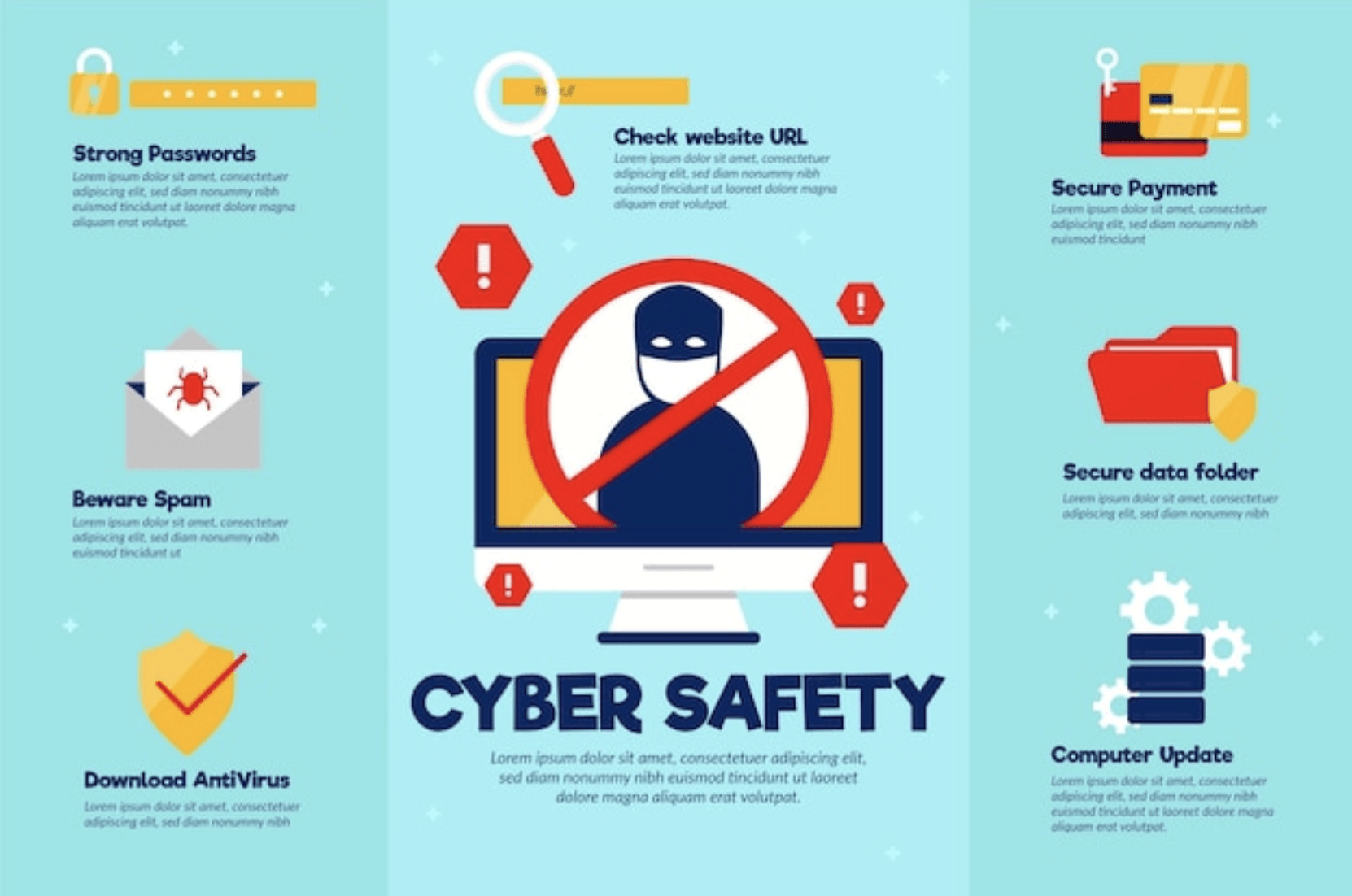What is Email Spoofing & How to Protect Yourself?
What is Email Spoofing & How to Protect Yourself?
What is spoofing? It’s not a bird, but it can be a frightening experience if you unknowingly fall prey to it. Email spoofing is when someone disguises the sender’s address in order to trick you into opening their message. You might think it’s from your bank, another service provider, or perhaps even an acquaintance – but it isn’t.
In this article, we will explain what email spoofing is and how you can protect yourself from falling victim to it.
What is Email Spoofing?
Email spoofing is the practice of disguising the sender’s address in order to trick you into opening their message. It’s often used in phishing emails, where scammers try to trick you into clicking on a link or downloading a malicious file. The goal is to steal your personal information, such as passwords and credit card numbers. Spoofing is closely related to email obfuscation, a technique that uses software to hide the real sender’s details. However, spoofing, in most cases, does not use any software or hacking; it simply disguises the sender’s address.
Spoofing happens when someone either changes the “from” address in your email program or uses a fake or forged address, making it appear as if the email came from someone else. For example, a spammer could send you a message that appears to come from your bank, but it’s really from a different email address.
How to know if you’ve been spoofed?
The easiest way to tell if you’ve been spoofed is to check the “to” and “from” fields of the email. If the “from” address is different from the “to” address, you’ve been spoofed, and the message is fake. There are other ways to tell, too. Look at the date. If the date on the message is in the future, it’s a fake. Check the content of the message carefully, too. If something seems off, or if you notice a misspelling or grammatical error, the email may be a fake. You can also check the sender’s domain. If it’s not legitimate, you’ve been spoofed.
How to protect yourself from spoofing?
Email spoofing is a common scam tactic, but it’s also very easy to protect yourself from it. Here are some basic tips to keep in mind:
- Check the “from” field: This is the easiest way to tell if an email is legitimate or not. If the “from” field is different from the “to” address, it’s a fake.
- Always check the date: If the date on the message is in the future, it’s a fake. This is a common mistake that scammers make.
- Check the content of the message carefully: If something seems off, or if you notice a misspelling or grammatical error, the email may be a fake.
- Check the sender’s domain: If it’s not legitimate, you’ve been spoofed.
Who’s behind email spoofing?
Email spoofing is done for a variety of reasons. It could be a scammer trying to steal your identity or a colleague trying to cover up their mistakes. Email spoofing is often a deliberate action but can also be accidental. For example, if you accidentally send an email from the wrong account, the from field will show the account you sent it from, not the account you meant to send it from. The most common culprits behind spoofing are scammers and hackers.
Scammers send false emails in order to trick you into clicking a malicious link or downloading a virus. Hackers sometimes send false emails to cover their mistakes. For example, a hacker might send an email from your account to cover up a mistake or delete data.
Final Words: Stay safe with these tips
Email spoofing is a common scam tactic, but it’s also very easy to protect yourself from it. Here are some basic tips to keep in mind:
- Check the “from” field: This is the easiest way to tell if an email is legitimate or not. If the “from” field is different from the “to” address, it’s a fake.
- Always check the date: If the date on the message is in the future, it’s a fake. This is a common mistake that scammers make.
- Check the content of the message carefully: If something seems off, or if you notice a misspelling or grammatical error, the email may be a fake.
- Check the sender’s domain: If it’s not legitimate, you’ve been spoofed.











